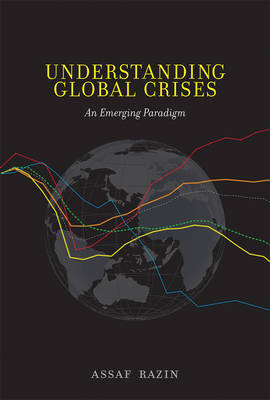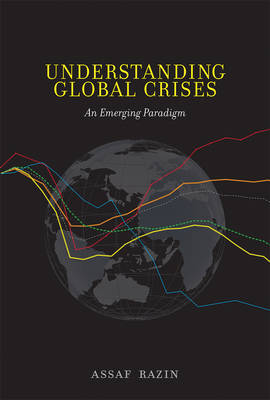
- Afhalen na 1 uur in een winkel met voorraad
- Gratis thuislevering in België vanaf € 30
- Ruim aanbod met 7 miljoen producten
- Afhalen na 1 uur in een winkel met voorraad
- Gratis thuislevering in België vanaf € 30
- Ruim aanbod met 7 miljoen producten
Omschrijving
From Malthus to Becker, the economic approach to population growth and its interactions with the surrounding economic environment has undergone a major transformation. Population Economics elucidates the theory behind this shift and the consequences for economic policy. Razin and Sadka systematically examine the microeconomic implications of people's decisions about how many children to have and how to provide for them on population trends and social issues of population policy. The authors analyze how these decisions affect labor supply, consumption, savings and bequests, investments in human capital, and economic growth, along with related new issues such as migration and income redistribution across generations, in an integrated microeconomic framework. Population Economics is a thoroughly modern treatment of population economics as a field in public economics. It integrates and extends Marc Nerlove's Household and Economy: Welfare Economics of Endogenous Fertility, as well as work written jointly with colleagues that has appeared in various journals and other publications.
Specificaties
Betrokkenen
- Auteur(s):
- Uitgeverij:
Inhoud
- Aantal bladzijden:
- 285
- Taal:
- Engels
Eigenschappen
- Productcode (EAN):
- 9780262517225
- Verschijningsdatum:
- 1/01/2003
- Uitvoering:
- Paperback
- Formaat:
- Trade paperback (VS)
- Afmetingen:
- 157 mm x 231 mm
- Gewicht:
- 403 g

Alleen bij Standaard Boekhandel
Beoordelingen
We publiceren alleen reviews die voldoen aan de voorwaarden voor reviews. Bekijk onze voorwaarden voor reviews.











